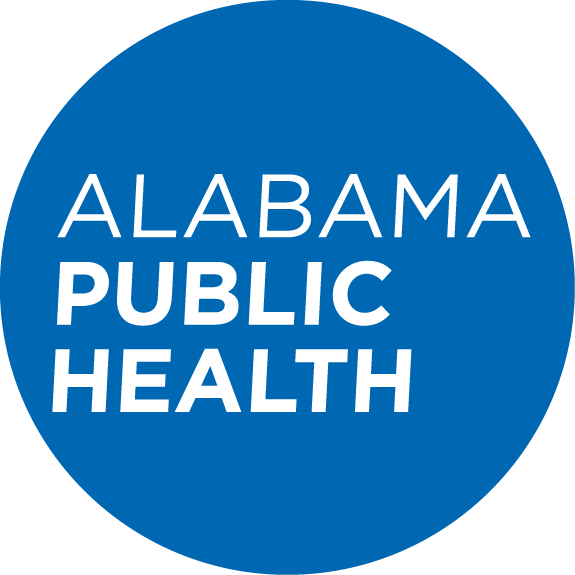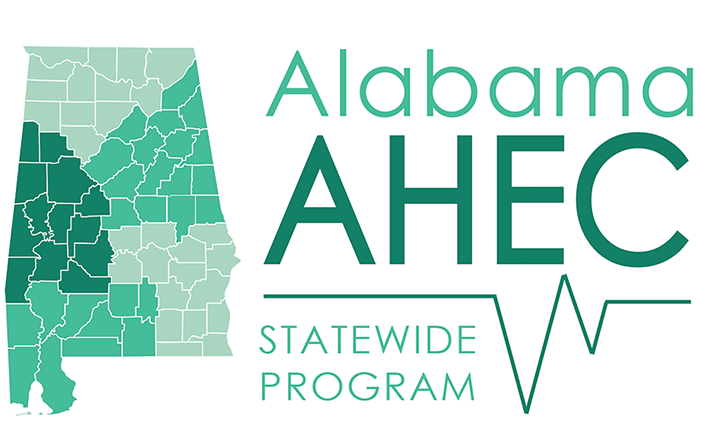Congenital Syphilis is preventable; However, Alabama continues to experience a record notable increase in congenital syphilis cases since 2018. Pregnant women with syphilis can transmit the infection to their unborn baby. Syphilis is a sexually transmitted disease (STD) caused by the bacterium Treponema pallidum. Untreated syphilis during pregnancy can cause miscarriage, stillbirth, prematurity, low birth weight, hydrops fetalis, or infant death shortly after birth. Effective prevention of congenital syphilis depends on early detection of syphilis in pregnant women and adequate treatment at least 30 days before delivery.
Learning objectives:
- Identify the various missed opportunities for congenital syphilis prevention in Alabama.
- Establish prenatal syphilis testing and adequate treatment for syphilis in pregnant women and their partners as standard of care.
- Collaborate with the Alabama Department of Public Health to enforce CS prevention efforts.
This webinar is presented by the Alabama Regional Center for Infection Prevention and Control and cosponsored by the Alabama Public Health Training Network at the Alabama Department of Public Health part of the Region IV Public Health Training Center, the Deep South Center for Occupational Health and Safety, and the Alabama Statewide Area Health Education Centers (AHEC).
Alabama Nursing/SW CEs pending.
















